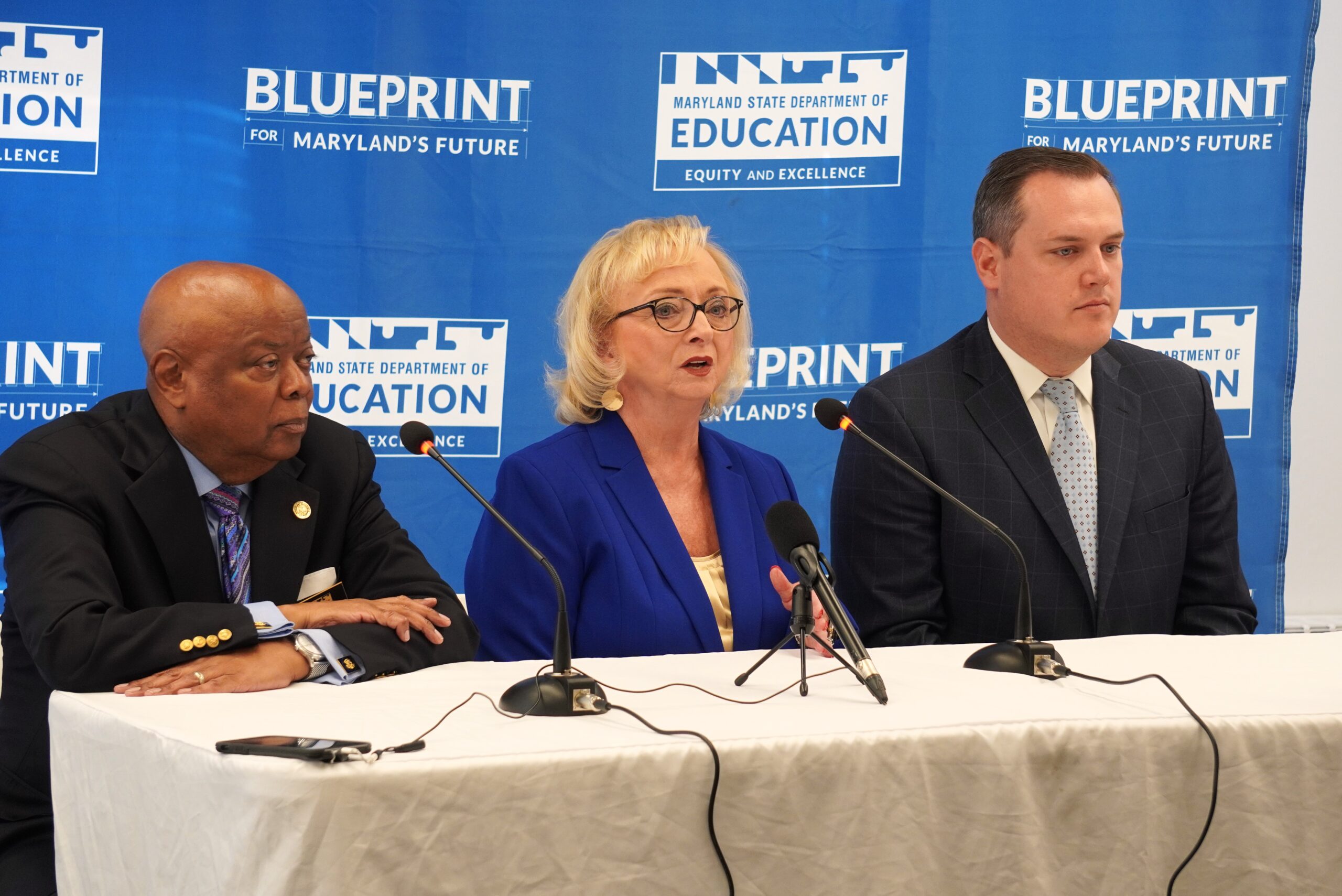Kalman Hettleman: We need more education bureaucrats. Seriously.

What will it take for the interim state superintendent Carey Wright to live up to her advance billing, especially as a miracle worker for raising the reading proficiency of schoolchildren in Mississippi?
Of course, Dr. Wright is quick to point out that it was no miracle, just a lot of hard work.
What’s also crucial to understand is that the hard work – the recipe for success – is not some secret sauce. Educators know the instruction and teacher preparation that are essential.
In fact, under Maryland law that preceded the Blueprint for Maryland’s Future, the Maryland State Department of Education is already duty-bound to do the hard work. But, as our abysmal literacy performance shows (only 31% of fourth graders are proficient), the department hasn’t done its duty.
Why? The answer, in short, is lack of political will and lack of management systems and personnel.
The will to set statewide instruction standards and effectively monitor how local school agencies implement the standards has been missing, mainly because of the political power of “local control.” Governors and state legislators have knuckled under to local school districts which have habitually opposed state regulation and what they consider “interference.”
Recently resigned state superintendent Mohammed Choudhury, asked to name the biggest obstacle during his tenure, said “local control.”
Yet, the fight over state versus local control has been woefully misunderstood. The working relationship between state and local educators can be complementary and collaborative, as it was in Mississippi . And as it is expected to be in Maryland under Dr. Wright.
Local educators, particularly frontline teachers, actually want state support but it needs to be practical, collaborative and aligned with resources. But the Department of Education hasn’t met these tests.
That’s no surprise. Experts have long lamented the void in public education of the “sophisticated management strategies used by American business, medicine or the military for addressing complex challenges.” Even when the Department of Education has tried to assert itself, it hasn’t had sufficient wherewithal and know-how to get the job done.
Key are skilled personnel. But staffing shortages are rife throughout state government. Moreover, it’s a sure bet that the problem is worse for the Department of Education. While the public highly values the role of classroom teachers, central administrators are undervalued, often denigrated, in the words of former U.S. Secretary of Education William Bennett, as a bureaucratic “blob.” When a budget crisis occurs (which is just about all the time in public education), central bureaucrats are easy targets for the chopping block.
About 18 months ago, I estimated that Maryland State Department of Education staff positions had shrunk about 10% from their peak since 2005, even though the agency’s duties grew exponentially as a result of federal legislation and the Blueprint. The department receives not nearly enough funding under the Blueprint to cover the costs of its expanded supervisory and administrative responsibilities.
The magnitude of those responsibilities can be seen using literacy as an example. To advance student proficiency in reading, the state must set evidence-based standards for the “science of reading” and interventions for struggling learners.
Actually, these are the easy parts. The hardest work is for Department of Education managers to provide local school districts with robust support like training and operational guides and to monitor whether standards are being well implemented. Meaningful monitoring, more than any other job, has been especially neglected.
State education staff are dedicated, hardworking professionals but simply don’t have the time to pull off all these tasks. And to put the department’s overload in further perspective, beyond literacy, math is also crying out for dramatic improvement. And oh yes, the same goes for special education, English language learners, science, social studies, career and technology, arts and so on.
What’s to be done?
First, the State Department of Education must get its personnel act together. It must straighten out its table of organization so lines of responsibility and accountability are clearly delineated. Next, it must sort out the maze of authorized positions, contractual employees, vacancies and consultants. Only then can staffing needs be credibly determined.
This process should be aided by an outside audit that recommends what positions at what salaries are necessary for the department to do its work competently, and be competitive in recruitment. The salaries of state education staff have historically lagged behind salaries in large local school districts, shrinking the pool of job applicants.
As a member of the Kirwan Commission, I helped to achieve passage of a provision in the 2019 Blueprint bill that mandated a workgroup to study the Department of Education’s management capacity. But it is a measure of policymakers’ long neglect of the agency’s staffing needs that the workgroup was abandoned without any work or explanation.
There’s a long way to go for the Blueprint to succeed. But it can’t succeed unless, as improbable as it sounds, we beef up the Department of Education bureaucracy. The sooner, under the leadership of Dr. Wright, the better.



